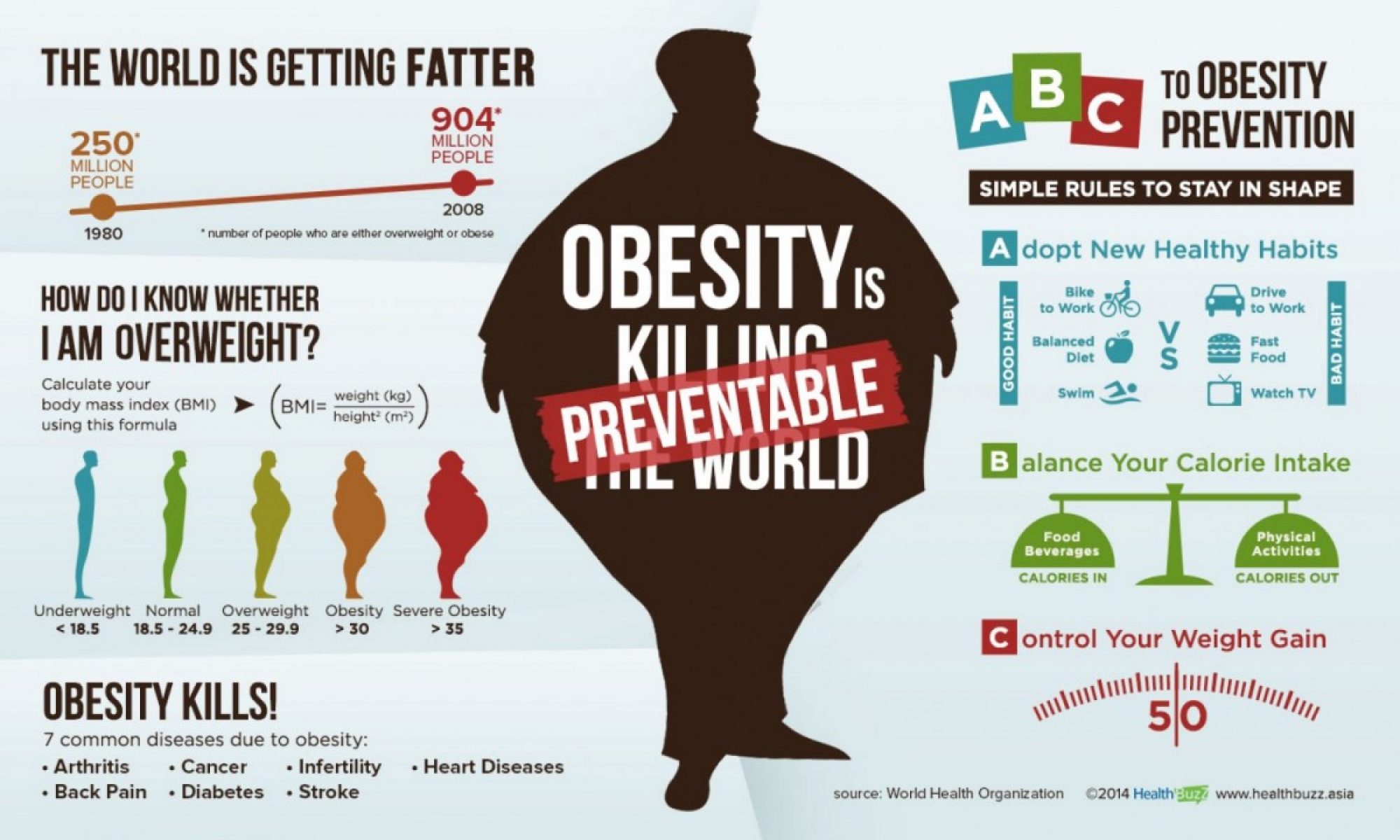Individual Solutions
Fast food, soda, hot dogs and other high-calorie food products like potato chips and sugary cereals are ubiquitous and cheap in the U.S. dietary landscape. Unfortunately, most are also nutritionally empty. To prevent overweight and obesity, the U.S. Surgeon General recommends a nutritious diet that follows the 2010 USDA Dietary Guidelines for Americans. The Surgeon General also advocates that adults get 30 minutes of exercise most days, and children a full hour. Easy ways to incorporate more physical exercise include taking the stairs instead of the elevator, walking or biking to desired destination and parking the car at the far end of a store’s lot to get in more steps. Encourage children to play outside instead of watching TV after school.
Community Solutions
The burden of solving the obesity problem has largely fallen on individuals, report Nestle and Jacobson, but communities must also pitch in. For example, the Centers for Disease Control and Prevention, or CDC, recommends that communities make fresh fruit and vegetable stands available at workplaces instead of vending machines carrying high-fat, empty-calories snacks. Nutritionist Isobel R. Contento reports on the success of programs that connect schools with local farms, which supply fresh produce for the school menu or stock cafeteria salad bars. One study, notes Contento, saw a 200 percent increase in sales of carrots in a school cafeteria when prices were lowered 50 percent. In another study, raising the price of higher-fat cafeteria options boosted sales of more nutritious items. The CDC also suggests communities improve outdoor recreational areas.
Government Solutions
Government, too, must get involved in solving the obesity problem, say Nestle and Jacobson. Some of the policy changes they recommend include requiring that calorie, fat and sugar content be clearly marked on snacks sold in movie theaters; creating an incentive program to encourage those who receive food stamps to use them for healthy food choices; and providing more funding to communities for physical recreation centers and bicycle paths. Launched in 2010, First Lady Michelle Obama’s national initiative, “Let’s Move,” recommends that local municipalities take actions such as forming a committee to investigate the barriers to healthful eating in the city or town, and offering incentives to stores to stock healthier food and drink choices, especially in underserved areas.



